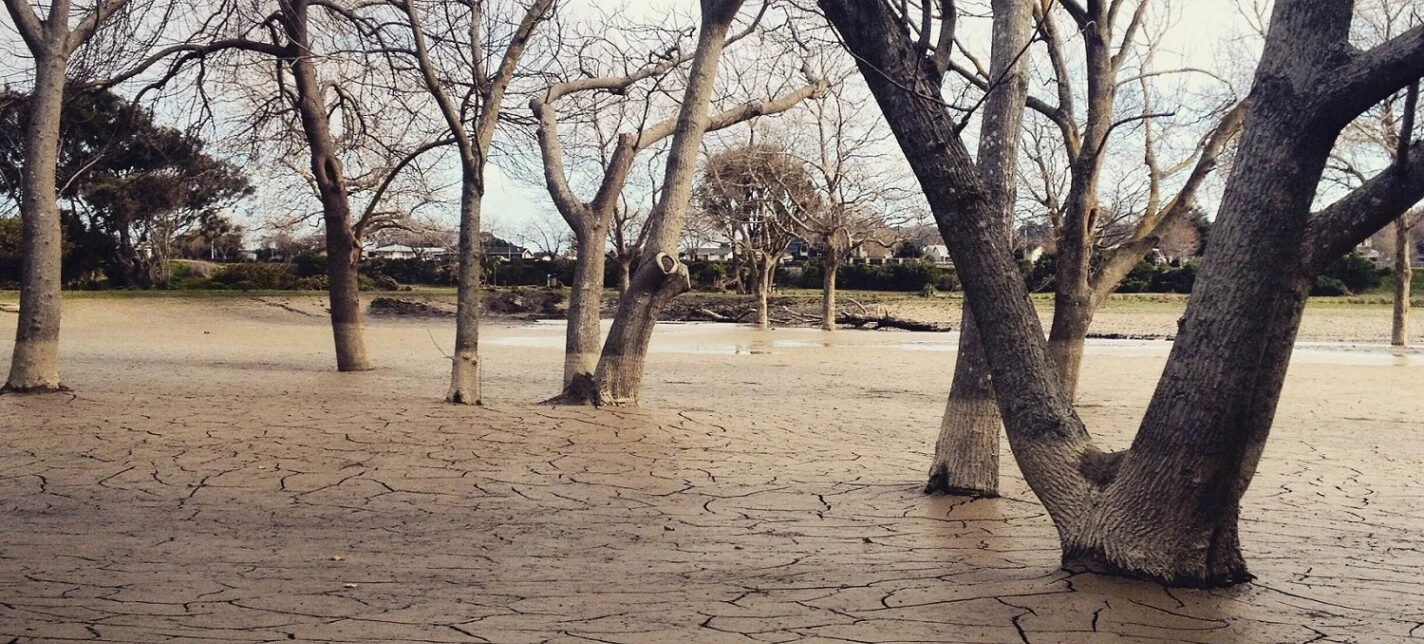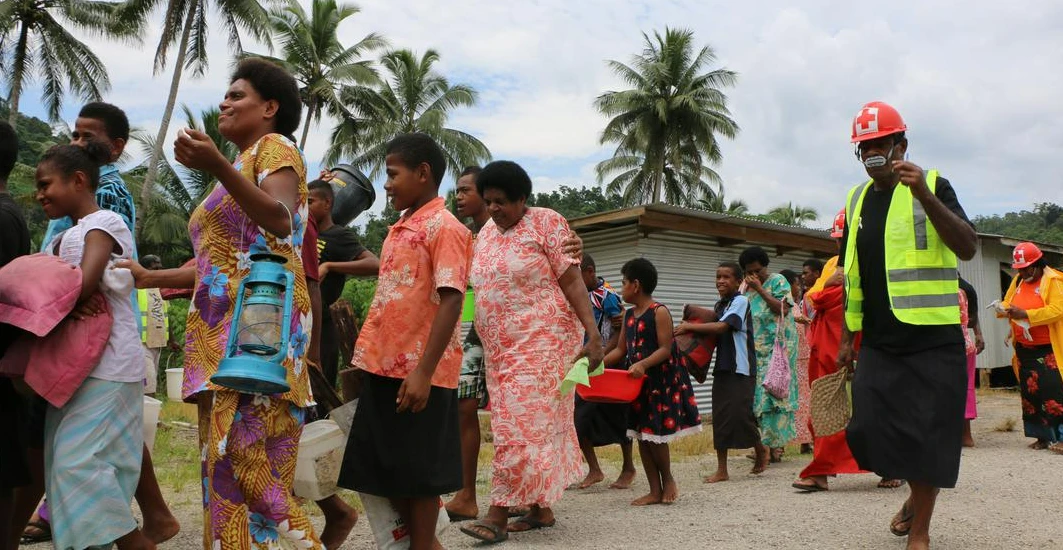Climate change


As a humanitarian organisation, we’re seeing first-hand and responding to the increasingly devastating consequences of climate change. We work to help people adapt to the impacts of climate change and we’re working to reduce our own carbon emissions.
The impacts of climate change extend well beyond surviving weather-related events to threatening or destroying people’s livelihoods, health, security and wellbeing. It is changing migration patterns and increasingly displacing people from their homes.
Our response to climate change
Around the world, climate change is leading to more frequent disasters and more intense weather events such as floods, droughts and extreme heat.
In Aotearoa New Zealand, we’re being called on more often to support communities – especially those affected by flooding. And we’re already working to help people adapt to the impacts of climate change through our programmes such as Good and Ready and our partnerships with Red Cross national societies in the Pacific, to build more resilient communities.
We’re also working on how we can reduce our own carbon emissions with steps such as reviewing our vehicle fleet. We have an active Sustainability Network working to promote and support green actions throughout the country.
Statement of intent
New Zealand Red Cross has outlined how we intend to respond to climate change in an initial statement of intent.
Statement of Intent: Responding to Climate Change (PDF, 209KB)
Climate and Environment Charter
We’ve signed up to the Climate and Environment Charter, which recognises the key role humanitarian organisations play in addressing climate crises, and how we must be part of the solution through helping communities adapt and improving our own environmental sustainability.
Our Climate Charter commitments
Our Climate Charter progress and targets
Red Cross international action
The International Committee of the Red Cross (ICRC) has called for climate action in conflict-affected countries to be strengthened and for more finance to be available. These countries have less capacity to adapt, and so are disproportionately vulnerable to climate change.
ICRC climate change report: When Rain Turns to Dust
The Red Cross Red Crescent Climate Centre works to help the Red Cross Movement and its partners reduce the impacts of climate change and extreme-weather events on vulnerable people. The centre offers a vast range of resources available to anyone — including courses, image galleries, publications, and podcasts.

